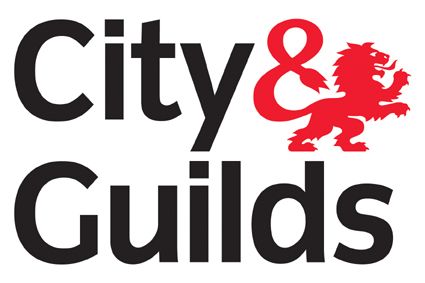News | 25th June 2025
Electrical Industry Leaders Drive Action on Safety, Skills & Sustainability
The Electrical Safety Working Group continues to gain momentum as sector leaders met on Friday, 20th June for the second time to shape the future of Northern Ireland’s electrical industry.
Hosted by ETT NI at Mossley Mill in Newtownabbey, the Working Group has grown to over 45 members representing a broad range of stakeholders including small and medium sized enterprises (SMEs), large businesses, regulatory bodies, industry associations, utilities providers, education providers, public sector procurement, and equipment manufacturers – all committed to driving positive change through collaboration.
Originally established in February 2024, the group aimed to tackle growing concerns regarding electrical safety following the publication of ETT’s Ending ‘Shock Silence’ Report, which revealed 80% of electrical workers in Northern Ireland have experienced an electric shock while working, with 74% of incidents going unreported.
The second meeting marked a significant step forward for the group, which has been working on developing an industry-led action plan to implement the report’s recommendations.
The electrical industry sits at the core of Northern Ireland’s ambitions for electrification, the implementation of renewable energy systems, and digital transformation on the journey to ‘net zero’. However, as the sector’s strategic importance increases, so too does the need to ensure a resilient, highly skilled, and safety-conscious workforce.
Recognising the link between electrical safety and competency – particularly in relation to the safety implications of skills shortage pressures and the emergence of rapidly evolving ‘clean’ and ‘green’ technologies – the group’s members engaged in in-depth discussions on the sector’s overlapping priorities:
- Electrical Safety
Building a culture where every electric shock incident is reported and electric shocks are taken seriously and prevented, supported by robust procedures and greater access to safety equipment.
- Electrical Apprenticeships
Improving regional apprenticeship provision, addressing current skills shortages and modernising apprenticeship content, and enhancing the pipeline of new talent through better promotion and management of apprenticeship programmes.
- Qualification of Experienced Workers
Exploring the role of the Experienced Worker Assessment (EWA) and identifying pathways for existing workers to achieve formal recognition of their skills while expanding the workforce’s capacity to meet future demands.
- Upskilling for Emerging Clean and Green Technologies:
Urgently developing the workforce for the emerging demands of ‘clean’ and ‘green’ technologies including the design, installation, and maintenance of EV charging infrastructure, solar PV systems, battery storage, smart controls, PLC programming, and advanced switchgear technologies.
- Grants and Funded Support
Establishing more realistic and appropriate grant funding, incentives, and financial support for training and upskilling to enable industry to meet demand. With a predominantly SME business community, financial barriers can limit the capacity to train and upskill workers.
Speaking after the group’s workshop, Charlotte Bamber, CEO of ETT NI, reinforced the importance of industry-wide engagement:
“The electrical industry is at the centre of the low-carbon, digital future we are all working towards. But we cannot build the future we need without investing in people. This means ensuring the electrical workforce has the right qualifications, skills, and training to support the increased demand for electricians trained in emerging technologies, whilst ensuring their – and the public’s – safety.
This Working Group represents the best of our sector: collaborative, forward-thinking, and committed to change. Together, we are creating an action plan that will not only improve safety and competency today but will also secure the talent pipeline for tomorrow.”
As NI – and indeed the UK and Ireland – moves towards ‘net zero’, ensuring electricians are equipped with the right skills is paramount. Members highlighted the importance of ongoing, accessible upskilling programmes to ensure both new entrants and experienced workers can capitalise on the opportunities presented by the low-carbon economy – and to prevent significant safety risks from unqualified and inexperienced persons installing and maintaining such systems, with increased incidents witnessed in recent years presenting risks to both individuals and domestic, commercial, and industrial property owners.
As the comprehensive action plan moves into its next phase of development, ETT is calling on more organisations, employers, and stakeholders to join the group. The electrical industry’s future success – and its ability to underpin the UK and Northern Ireland’s climate and connectivity ambitions – depends on strong partnerships and shared action.
Companies, industry bodies, and individuals interested in contributing to the Working Group or learning more about the Ending ‘Shock Silence’ campaign are encouraged to contact info@ett-ni.org.








